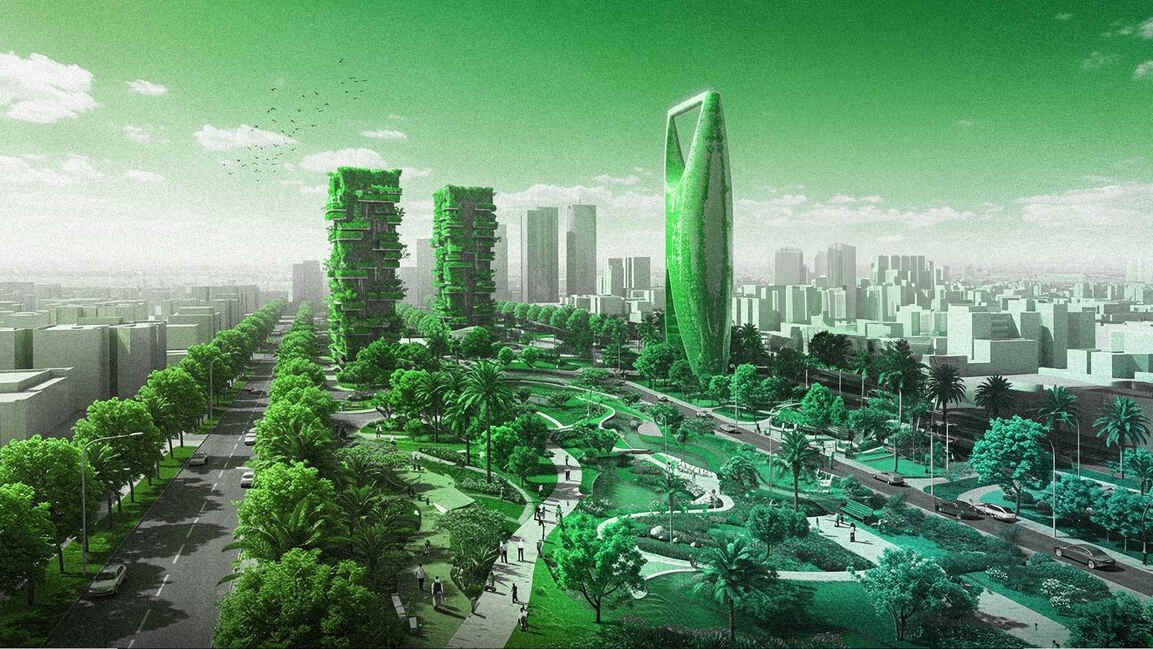Saudi Arabia’s Green Transformation: Pioneering Sustainability and Cultural Renewal

In the heart of the desert, Saudi Arabia is undergoing a quiet revolution, repositioning itself as a leader in sustainability. The NEOM project, designed to operate entirely on renewable energy, exemplifies this green shift by driving new infrastructure and reshaping how Saudis view their place in the world. Sustainability is becoming a way of life.
Beyond desert rewilding and regenerative tourism, Saudi Arabia’s environmental agenda is opening new economic opportunities, particularly in food and water security. Addressing the acute challenges of the Middle East, the kingdom is investing in research and development that combines artificial intelligence with traditional knowledge to scale domestic food production. Such innovations are crucial for building long-term resilience in the face of intensifying climate change.
Early signs of cultural transformation are emerging, including experimental agriculture in desert areas and the deployment of smart waste systems during major events like Hajj in Mecca. While challenges remain, the green transformation is quietly influencing how Saudis work, consume, and engage with their environment.
As Vision 2030 progresses, Saudi Arabia’s focus on environmental sustainability is driving significant changes in the energy and water sectors. The plan has accelerated the shift toward sustainable energy and responsible resource management through supportive policies, increased investment, and the localization of expertise and materials. Large-scale projects like the 1.5GW Sudair Solar PV plant and the NEOM Green Hydrogen project, which integrates up to 4GW of solar and wind power, are key to the kingdom’s targets of achieving 50% renewable energy by 2030 and reaching net-zero emissions by 2060.
The transformation also reflects a deeper cultural shift. Public awareness about water conservation has risen significantly, aided by tariff reforms, smart metering, and national campaigns. This has led to measurable reductions in per capita water use and greater support for sustainable consumption habits.
Younger Saudis are actively leading this change, using social media, academic partnerships, and programs like the Saudi Women Empowerment Programme to take on roles in renewables, desalination, and green hydrogen sectors. This new generation is reshaping the country’s workforce and environmental outlook.
Looking forward, strong public-private collaboration positions Saudi Arabia to become a global leader in water sustainability. The integration of AI-driven water networks, renewable-powered wastewater systems, and nature-based solutions such as wetlands restoration and plant nurseries along the Red Sea are setting the stage for off-grid circular economy models that blend technology, ecology, and national vision.
Saudi Arabia’s green transformation extends beyond energy and infrastructure; it is reshaping the relationship between people, their land, history, and purpose. This cultural shift is especially evident along the Red Sea coast, where sustainable tourism is redefining conservation and community development.
Sustainability remains deeply rooted in Saudi culture, and the kingdom is leading a major transition with clean energy projects including blue hydrogen, solar, and wind, alongside initiatives such as the Saudi Green Initiative and the Middle East Green Initiative. This environmental evolution is becoming part of the culture itself, reinforcing that Saudi Arabia’s ambitions encompass both economic progress and cultural revival.
As Vision 2030 advances, Saudi Arabia’s green revolution demonstrates how environmental progress can harmoniously coexist with cultural renewal. With ambitious goals like planting 10 billion trees, achieving 50% renewable energy by 2030, and powering desalination plants exclusively with renewable energy, the kingdom is integrating sustainability into its economy, culture, and national identity.
)
)